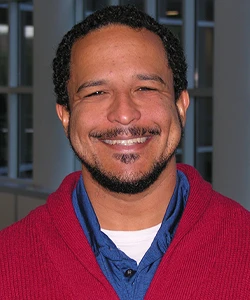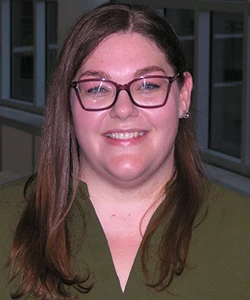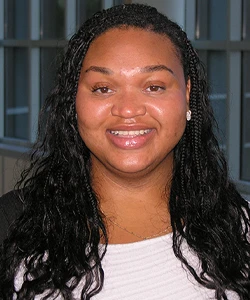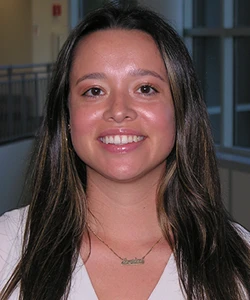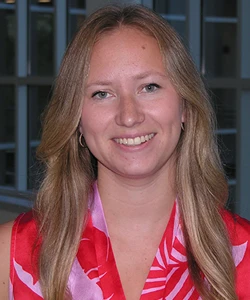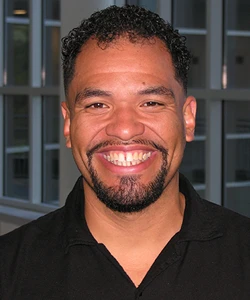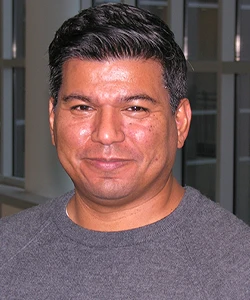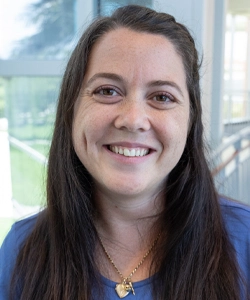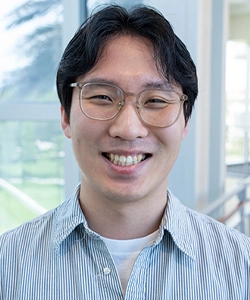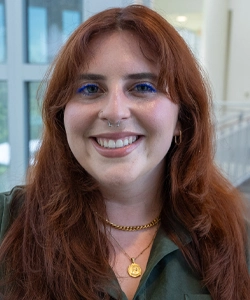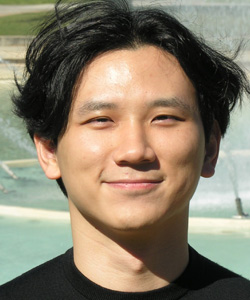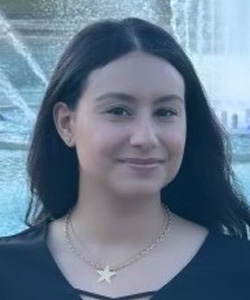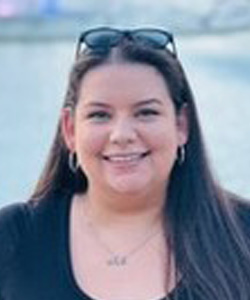Ready to elevate the profession of counseling? UCF’s Counselor Education track in the PhD in Education is designed for those committed to shaping the next generation of counselors — as educators, researchers and advocates. If you're passionate about advancing the field, deepening your impact and driving innovation in mental health and school counseling, this program gives you the knowledge, mentorship and real-world experience to lead with confidence and competence.
As a doctoral student, you’ll engage in rigorous academic study, meaningful research, and teaching and supervisory experiences that prepare you for roles in higher education, clinical leadership, program evaluation and more. Rooted in the reflective-practitioner model, our program emphasizes both theory and practice — helping you grow as a scholar and a servant-leader who is grounded in ethics and cultural competence.
You’ll work alongside nationally recognized faculty who are actively shaping the profession through research and service in areas such as trauma and loss, military counseling, counselor assessment and supervision, addiction, and school counseling. Through our full-time, small cohort model, you’ll learn and work among a supportive learning community, receive individualized mentorship from your advisor, present at conferences with colleagues — and graduate in three years.
Whether your passion is teaching, scholarship, clinical practice or advocacy, UCF’s Counselor Education doctoral program empowers you to lead meaningful change in communities and complex systems. Through teaching and supervising opportunities, grant-supported research and partnerships with school districts and health agencies, you’ll graduate prepared to make a lasting contribution — not only in the lives of clients and students, but also in the profession.
At a Glance
- In Person
- Full Time
- 3 Years to Graduate
- 3 Max Transfer Courses
- 8 Core Courses
- 7 Specialization Courses
- 100 Hours of Practicum Experiences
- 600 Hours of Internship Experiences
- 1 Dissertation
- 1 Candidacy Exam

Ranked No. 9 in the nation
(U.S. News & World Report, 2025)
Doctoral graduates who work as counselor educators
Discover What Sets our PhD Apart
Accreditation
UCF’s top-ranked graduate programs in counselor education is nationally accredited by the Council for the Accreditation of Counseling and Related Education Programs (CACREP).
A nationally recognized accrediting body, CACREP monitors, evaluates and accredits graduate-level counseling programs to assure a quality education for students that upholds standards approved by professional counselors. It serves as a benchmark for federal agencies, state licensing boards, national certification agencies, students, and employers, and is required in the state of Florida.
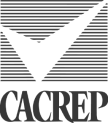
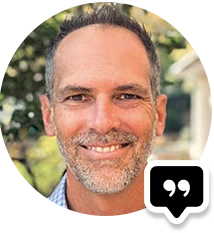
“My time at UCF and the Marriage and Family Research Institute (MFRI) shaped my eventual research agenda for the next 13 years. I still collaborate with the MFRI as the evaluator of their current research projects. My expectations in the program were blown out of the water. I never expected to go into the academy, conduct research, teach, be in administration, or meet my lifelong mentor. My time at UCF truly changed my life and I am forever grateful.”
Ryan G. Carlson ’06MA ’12PhD
Professor of Counselor Education and Chair, University of South Carolina
Where Do Our Graduates Work?
With roughly 80% of graduates going on to become professors, it’s no wonder you can find them at many colleges and universities across the nation. Here are a few:
College of William & Mary
Colorado State University
George Washington University
Lamar University
North Carolina A&T University
Pennsylvania State University
Rowan University
Stetson University
University of Central Florida
University of Cincinnati
University of Florida
University of New Mexico
University of New Orleans
University of North Carolina- Chapel Hill
University of North Texas
University of San Diego
University of South Carolina
Vanderbilt University
Virginia Commonwealth University
Wake Forest University
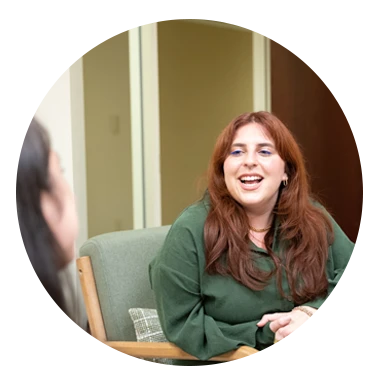
Funding Opportunities
Students who are accepted into the program are offered a graduate assistantship, contingent upon funding availability. Assistantships typically include a stipend, tuition waiver and student health insurance coverage. Please note that students are still responsible for all university fees. Specific assistantship packages may vary depending on faculty grant funding and departmental resources.
Competitive fellowships are also available to those who qualify and are selected by the fellowship committee.

